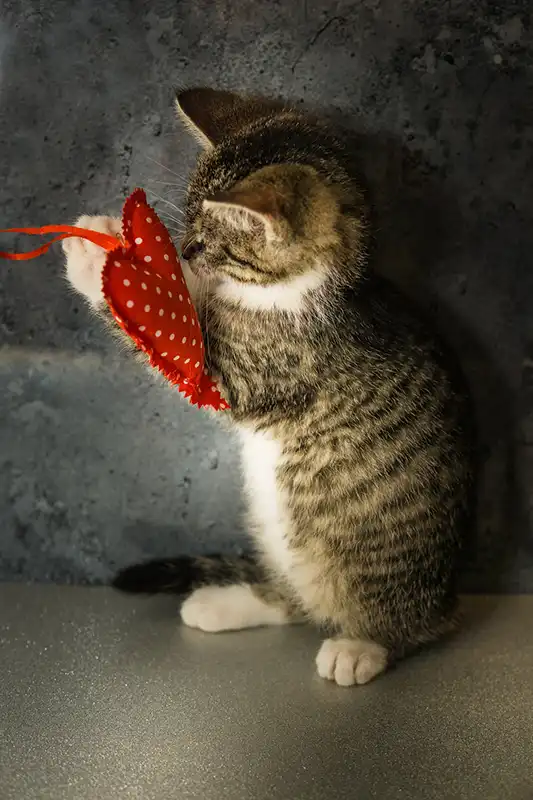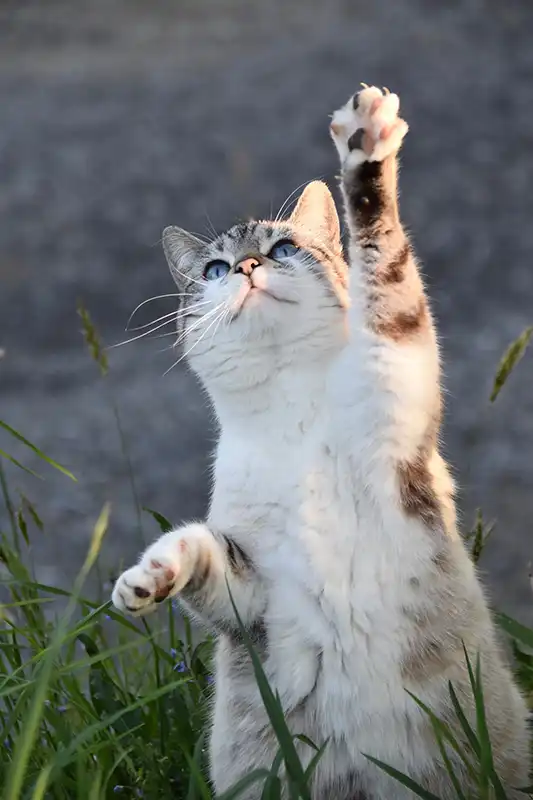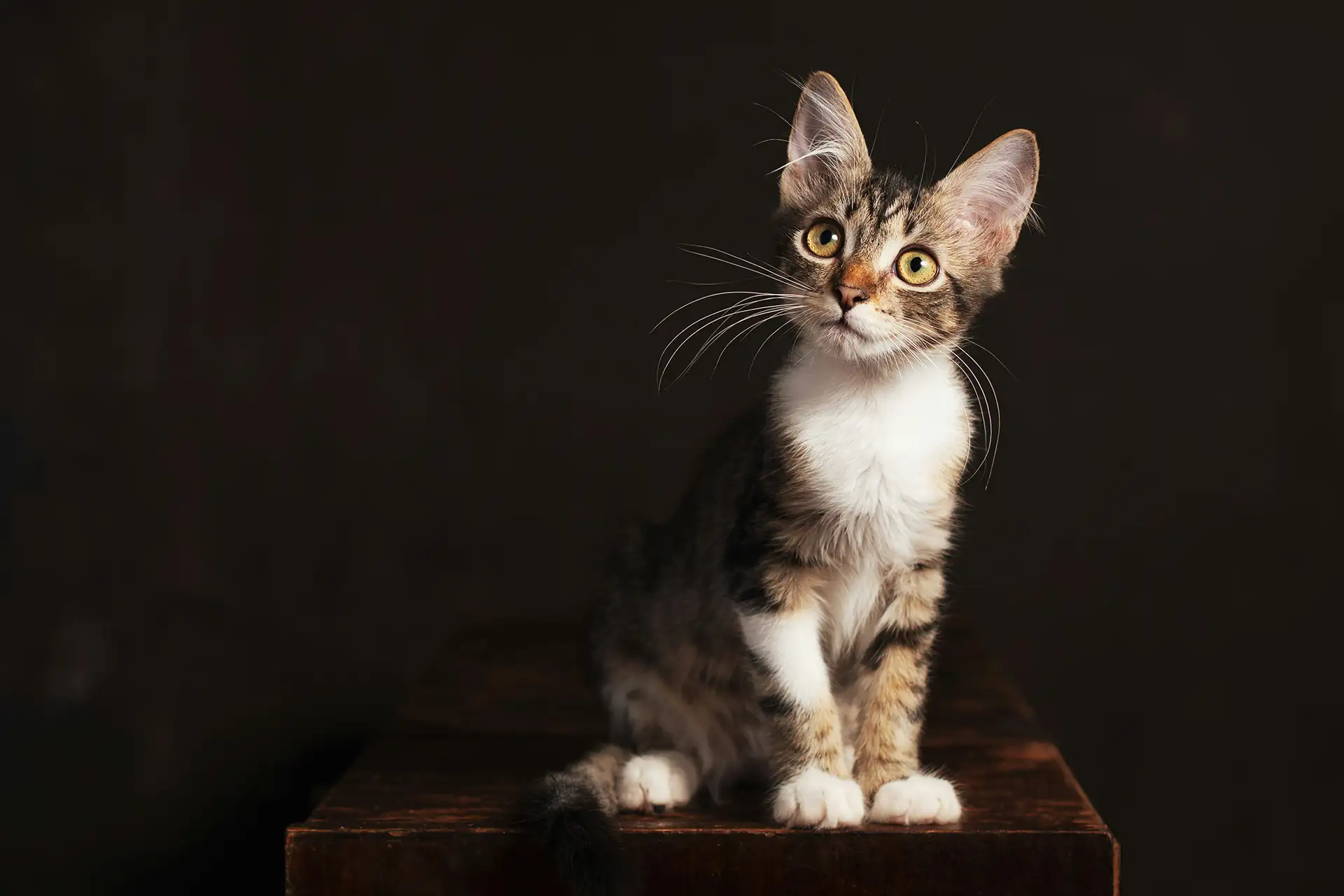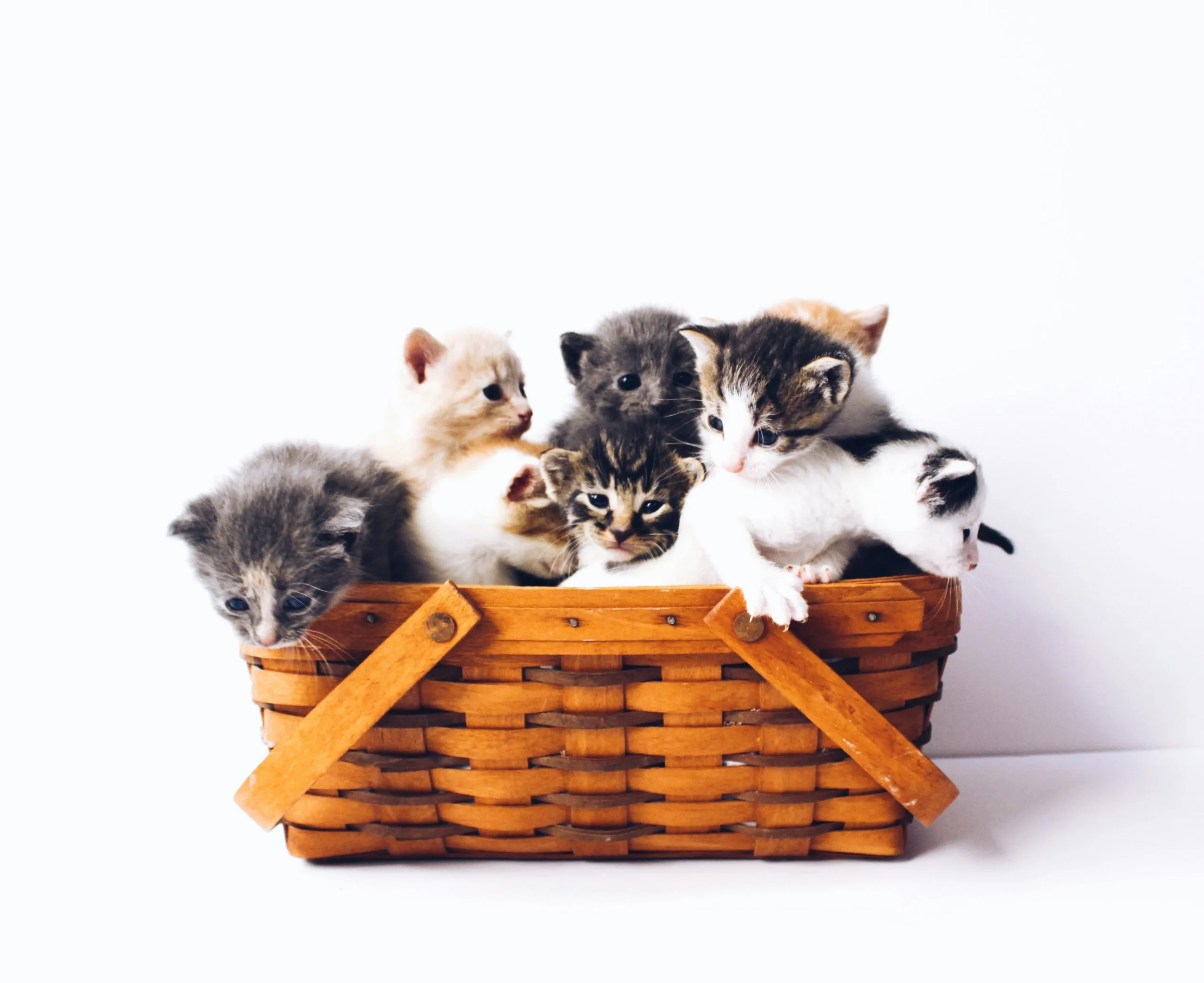When people picture adopting a new cat, their minds often jump to playful kittens tumbling over each other in a shelter playroom. While kittens are adorable, they aren’t the only option—and for many families, a senior cat might be the perfect choice. At All Cats Clinic, our compassionate veterinarians in Fayetteville, AR have seen firsthand how older cats can bring unmatched love, calm, and personality to a home. Across Northwest Arkansas, senior cats are waiting patiently in shelters, often overlooked simply because of their age.
Adopting an older feline pal isn’t just a kind act—it’s a decision that can bring immeasurable joy and comfort into your life. Let’s explore why these seasoned companions make such wonderful additions to the family.
What Counts as a Senior Cat?
Cats are typically considered “senior” at around 7–10 years old, though some may not show signs of aging until later. Many senior cats in shelters are there through no fault of their own—often due to owner illness, relocation, or life changes—not because of behavioral issues.
With modern veterinary care, indoor cats often live well into their mid- to late teens, so adopting a senior cat still gives you many years together.
The Benefits of Adopting a Senior Cat
1. Predictable Personality
With a senior cat, what you see is what you get. Their personalities are fully developed, so you’ll know whether you’re adopting a lap-loving cuddler, a chatty conversationalist, or a curious explorer. This makes it easier to find a perfect match for your lifestyle.
2. Lower Energy (in a Good Way)
Senior cats are generally past the “zoomies at 3 a.m.” stage. While they may still enjoy playtime, they often prefer cozy naps, gentle petting, and a calmer daily routine.
3. Easier Training and Transition
Older cats are usually litter box trained, have established grooming habits, and are familiar with living in a home. They tend to adjust more quickly to new surroundings than rambunctious kittens.
4. Deep Bonds and Gratitude
Many people who adopt senior cats say their new companions seem to understand they’ve been given a second chance. These cats often form strong, loyal bonds and show deep affection.
5. Saving a Life Others Might Overlook
Senior cats are often the last to be adopted and the first to be euthanized in overcrowded shelters. By choosing an older cat, you’re giving them the loving home they deserve.
Catster has a piece on adopting a senior cat, which you can read here.
Health Considerations for Senior Cats
Adopting an older cat doesn’t necessarily mean more health problems—but like people, they may require more regular checkups. Common senior cat health issues include arthritis, dental disease, kidney disease, and hyperthyroidism.
At All Cats Clinic, we recommend:
-
Twice-yearly wellness exams to catch changes early
-
Regular dental checkups to prevent pain and infection
-
Weight monitoring to prevent obesity or detect weight loss
-
Bloodwork and urinalysis as part of preventive care
Preparing Your Home for a Senior Cat
Making a few adjustments can help your senior kitty settle in comfortably:
-
Accessible Sleeping Areas: Provide soft bedding in quiet, draft-free spots.
-
Low-Entry Litter Boxes: Easier to enter for cats with joint stiffness.
-
Gentle Play: Choose toys that encourage movement without strain.
-
Stable Routine: Consistency reduces stress and helps them feel secure.
Wag has a helpful article on keeping older cats comfortable here. We also did a post about keeping older cats comfortable. Click here to read it.
Myths About Senior Cats
Myth: Senior cats won’t bond with new owners.
Fact: Many senior cats form deep, immediate connections and thrive on human companionship.
Myth: They’re all sick or frail.
Fact: Many senior cats are healthy and active—age alone doesn’t define their well-being.
Myth: They won’t play anymore.
Fact: Play remains important for all cats, though senior cats may prefer shorter, gentler sessions.
FAQs About Adopting Senior Cats
Will a senior cat still be playful?
Yes—most senior cats enjoy play, though they may prefer slower-paced games or puzzle toys.
How long will my senior cat live?
Indoor cats often live well into their teens, and many reach their twenties with good care.
Are senior cats good with kids or other pets?
Many are, but it depends on the individual cat’s temperament and experience.
Do senior cats cost more to care for?
Preventive care is important for all cats. Some senior cats may need extra veterinary attention, but catching issues early can help manage costs.
Visit Our Fayetteville, AR Veterinary Clinic for Senior Cat Care
Adopting a senior cat is an act of love that benefits both of you. These wise, gentle companions often bring calm, warmth, and gratitude into their new homes. If you’re searching for a vet near me in Fayetteville, AR, All Cats Clinic can help you care for your new older feline friend and keep them healthy for years to come. Call today to schedule your senior cat’s first wellness visit.
Visit our Service page here for more insight about our feline-only veterinary clinic and the services we offer.
This blog is meant to be informational only. Always consult with your veterinarian for the right medical advice, diagnosis, or treatment plan for your pet and follow their advice.






!Social Media Icons